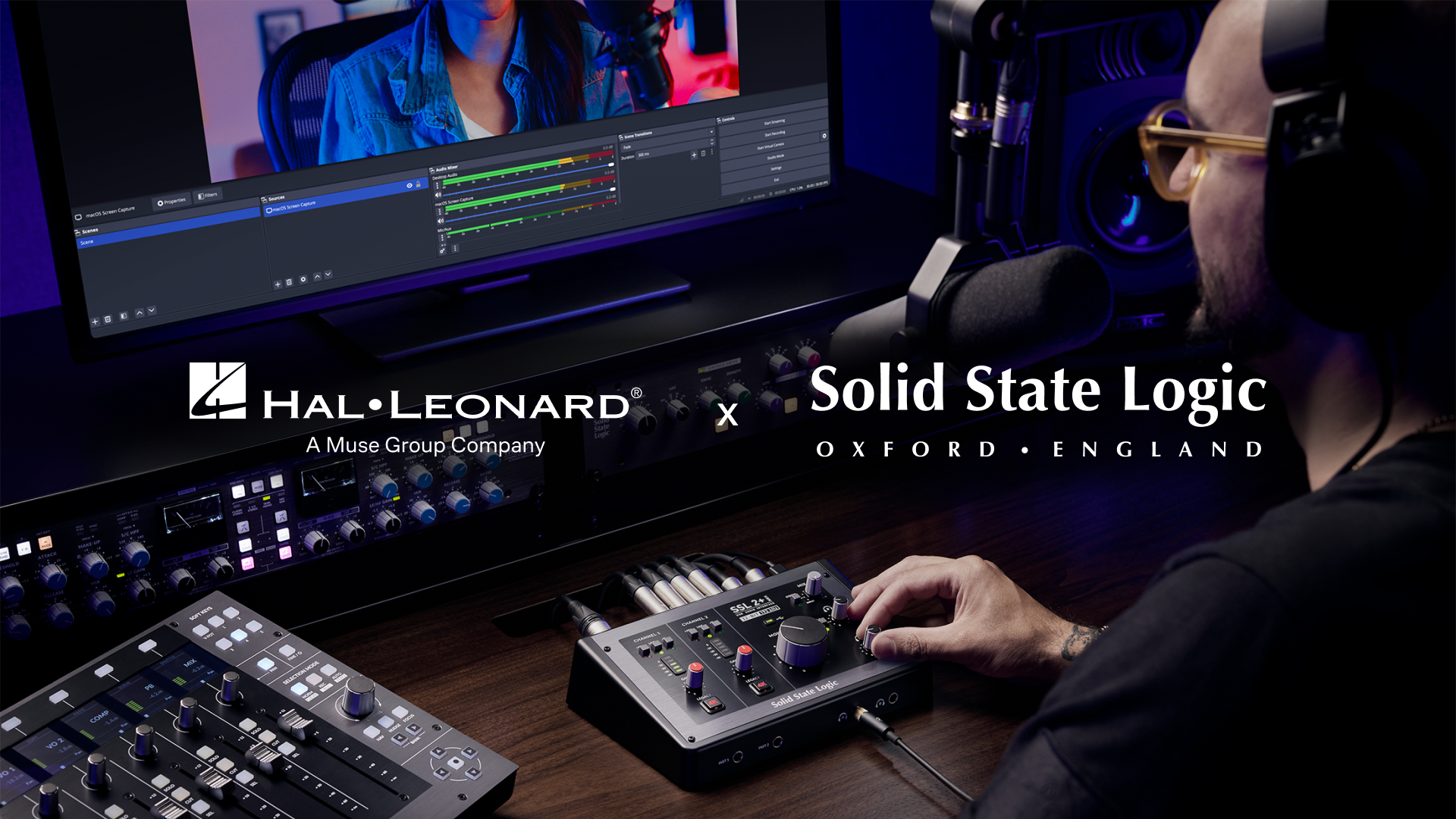
“Music has healing power. It has the ability to take people out of themselves for a few hours” ~ Elton John
Is there a particular song or a piece of music that connects deeply to a moment or time in your life? There might be several. We celebrate, mourn, relax, exercise, dance the night away and generally nourish our souls with music. It’s undeniable that music can lift our spirits, help us through sad times and process a range of emotions.
In this post-pandemic, constant pinging and doom-scrolling obsessed era that we live in, it’s even more important to take care of our physical and mental health than ever before, whatever that looks like for each and every one of us. With May being Mental Health Awareness Month, there is no better time to highlight the benefits of listening to and creating music.
Music has a positive impact on mental health. Fact.
In a 2006 survey across the US, over 80% of adults learning the piano reported that it helped reduce stress and improved their self-esteem.
A study conducted by University College London found that drumming classes offered as part of mental health services had positive results. Depression fell by 38% amongst those taking the classes compared with a group that did not take the classes.
In his Ted Talk, neuroscientist and musician Alan Harvey talks about how he always feels so much better and energized when he sings a song or plays in a band. He also adds that our sensitivity to pain is decreased when we’re involved in group music-making activities, as are levels of the stress hormone cortisol.
Researchers have also discovered that music releases dopamine; the feel-good chemical in our brains and there are a plethora of studies that show learning to read music and play piano can enhance mood, reduce anxiety, depression and loneliness.
Not only does it reduce the aforementioned symptoms, music has also long been a source of healing in therapy helping to improve a sense of identity, regulating emotions, developing feelings of safety and security, promoting resilience as well as benefits in physical rehabilitation.
Music has an almost indescribable way of accessing our emotions that transcends the ability of the spoken word. Isn’t that self-care right there?
A Gallup survey found that 29% of adults in the US report being diagnosed with depression in their lifetime and in the UK, eight million people currently have an anxiety disorder.No matter how young or old you are, isn’t it time to pick up that guitar, dust off that piano, drum set…whatever floats your boat, or try something new? Be the champion of your own mental health and share the joy of music amongst your loved ones too.
If you are struggling with your mental health right now, there is help out there. Please visit one of these resources:
USA — National Suicide Prevention Lifeline: 1-800-273-8255
UK — Samaritans: 116 123, Mind: 0300 123 3393, Calm: 0800 585858
Global — Befrienders.org
If you want to add music to your self-care routine, try 15 minutes a day of playing your favorite music on Ultimate Guitar or MuseScore.



.jpg)




